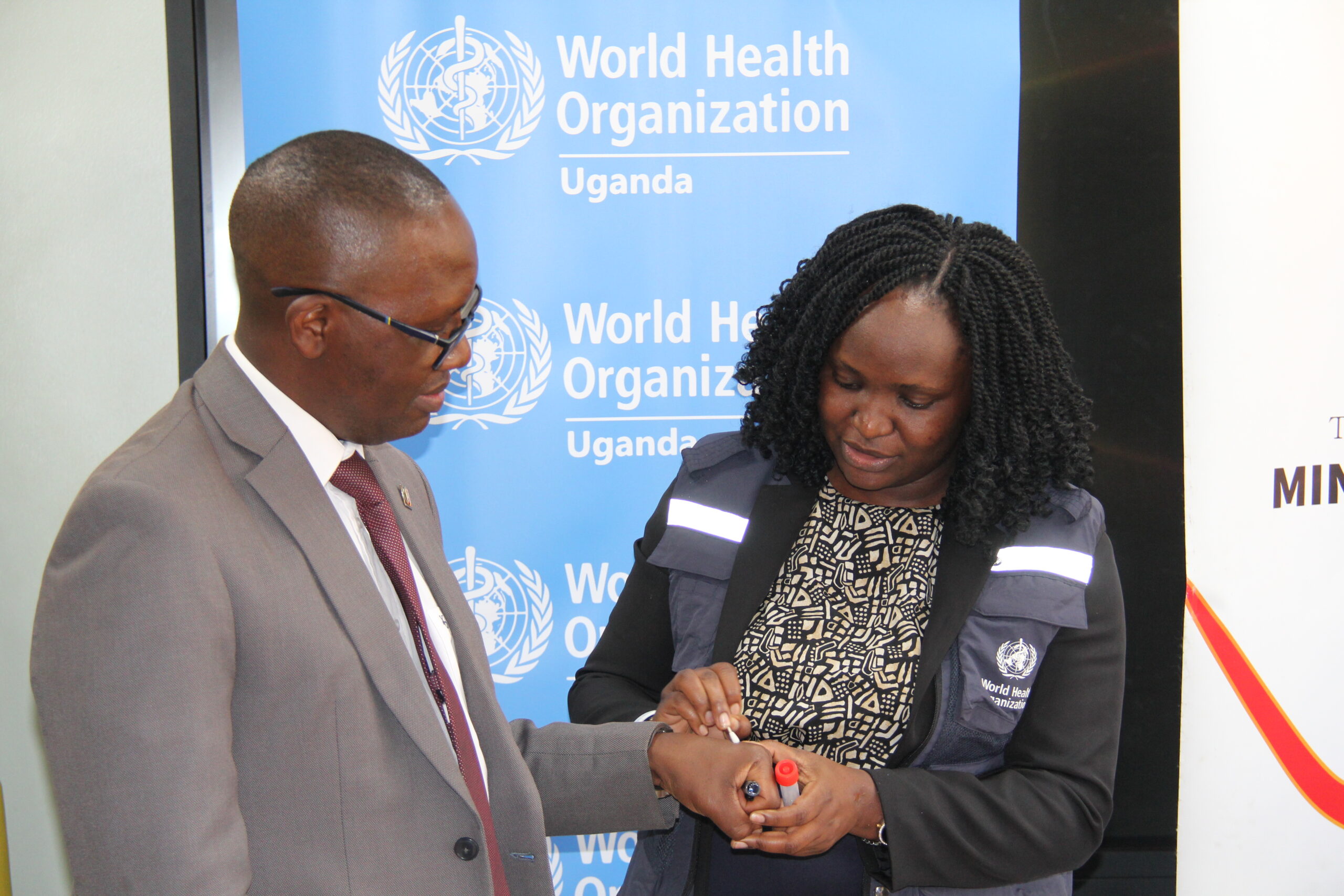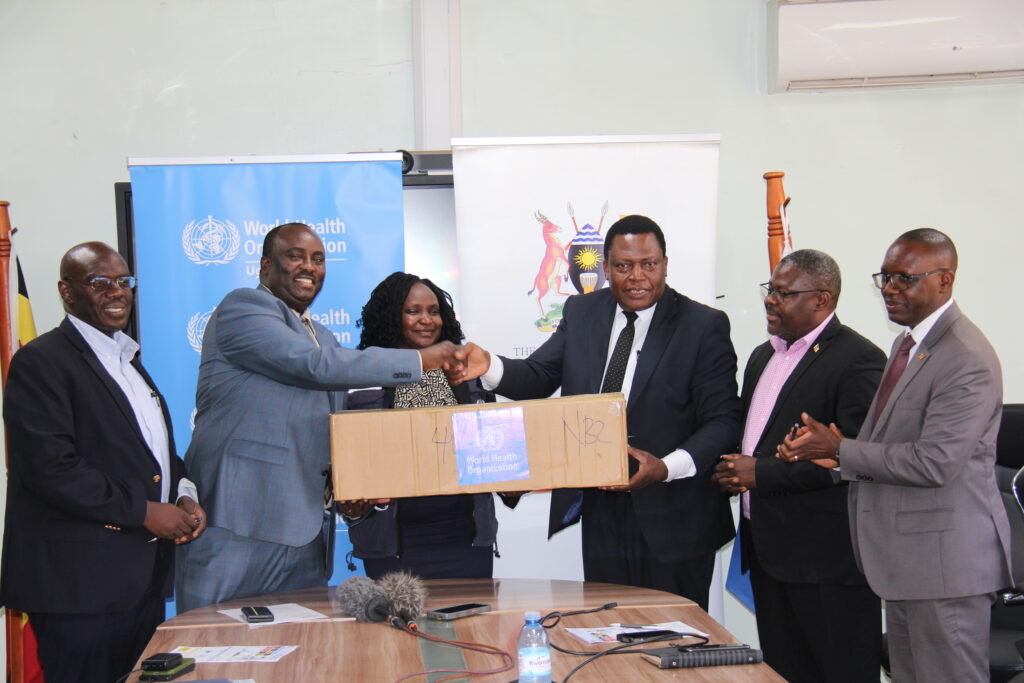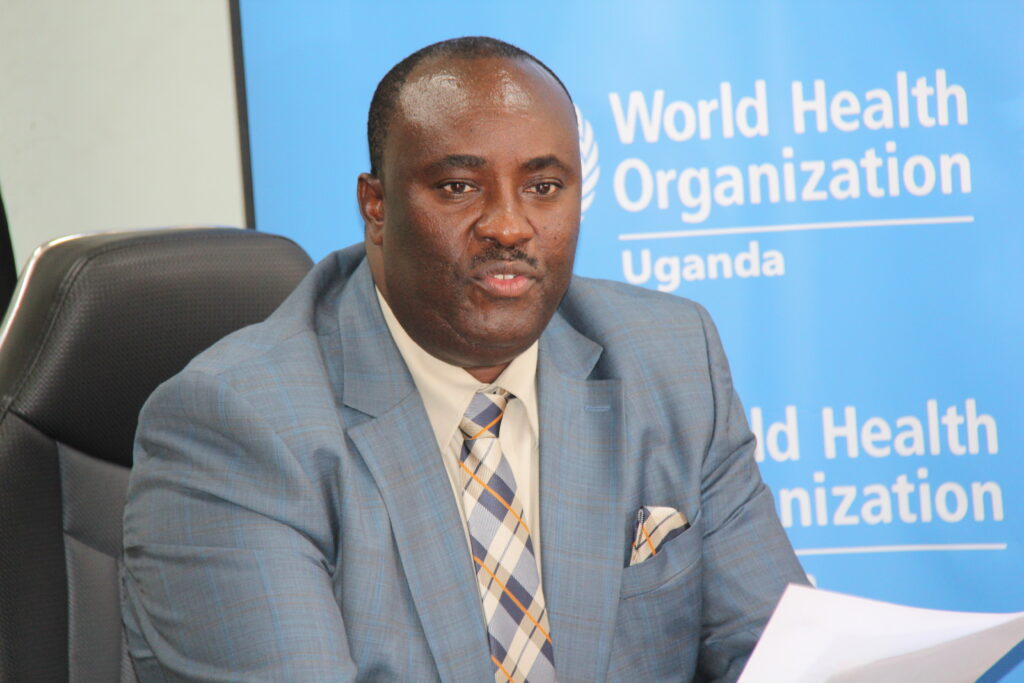
 Mama FM
Mama FM

 Mama FM
Mama FM
24 September 2024, 10:05 am
By Paul Kabali and Alozious Byamukama

Uganda’s battle against the Mpox outbreak received a major boost this week with the arrival of 5,000 sample collection kits, valued at UGX 56 million, donated by the German government through the World Health Organization (WHO).
The timely donation is expected to significantly enhance Uganda’s ability to diagnose and manage Mpox cases, which have been spreading rapidly across several districts.
According to Dr. Kyobe Bbosa, the Ministry of Health Incident Commander, there are currently 24 confirmed Mpox cases in 10 districts. While 13 patients have recovered, 11 remain hospitalised. The outbreak has primarily affected men between the ages of 21 and 49.
Dr. Charles Olara, Director of Curative Services, expressed his gratitude for the German government’s support and emphasised the need for regional collaboration to effectively combat the outbreak. He assured the public that the Ministry is taking aggressive measures to contain the spread of the virus.
On August 12, 2024, the World Health Organization declared Mpox a global health emergency. Africa has been hit particularly hard by the outbreak, accounting for the majority of reported cases. WHO’s acting representative in Uganda, Njuguna Charles Kuria, commended the donation and reiterated the organisation’s commitment to supporting Uganda’s public health response.

The availability of additional sample collection kits will enable Uganda to more effectively identify and isolate Mpox cases, thereby preventing further transmission. Early diagnosis and treatment are crucial for managing Mpox effectively.
As the outbreak continues to evolve, the Ministry of Health urges the public to remain vigilant and adhere to preventive measures, such as practicing good hygiene, avoiding close contact with infected individuals, and seeking medical attention if they experience symptoms like fever, rash, fatigue, and swollen lymph nodes.